From July 14 to 26, the Frontier of Space Technology International Summer School was held at the Hangzhou International Campus of Beihang University. Hosted by Beihang University and co-organized by the Regional Centre for Space Science and Technology Education in Asia and the Pacific (China) (Affiliated to the United Nations) and the International Education Center, Hangzhou International Innovation Institute (H3I) of Beihang University, the two-week academic event brought together more than 40 young scholars and university students from 16 countries to explore the cutting-edge developments and applications of global space technology. The participants swapped ideas and achieved personal growth through learning, practice, and cultural exchange.
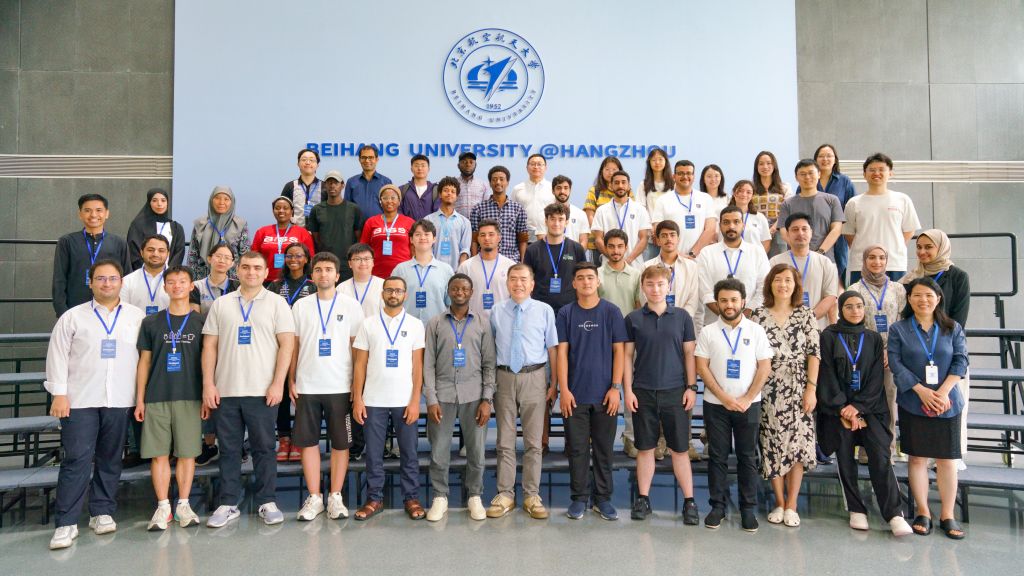
The curriculum focuses on frontiers and covers all areas of space application
The curriculum was both systematic and forward-looking. Led by renowned experts at home and abroad, the program focused on core areas such as small satellite technology, remote sensing and GIS applications, GNSS high-precision positioning, and aerospace project management. The innovative "theory plus practice" approach enabled participants to develop a comprehensive knowledge system.
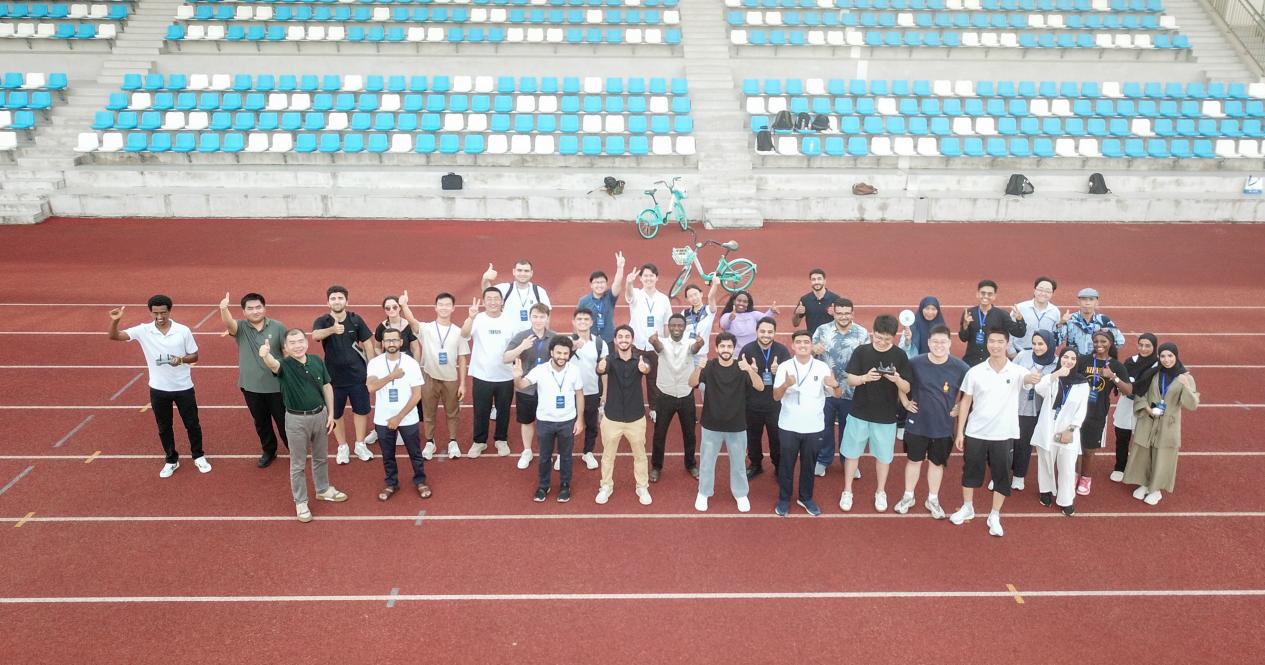
In the module on small satellite technology, participants systematically studied the core theories of satellite system development and orbital deployment. Then, they personally tried devices at the laboratory to experience the exquisite design and key processes of satellites. The course combined theoretical instruction with practical operation, demonstrating the complete technical chain from satellite project design to on-orbit operation.
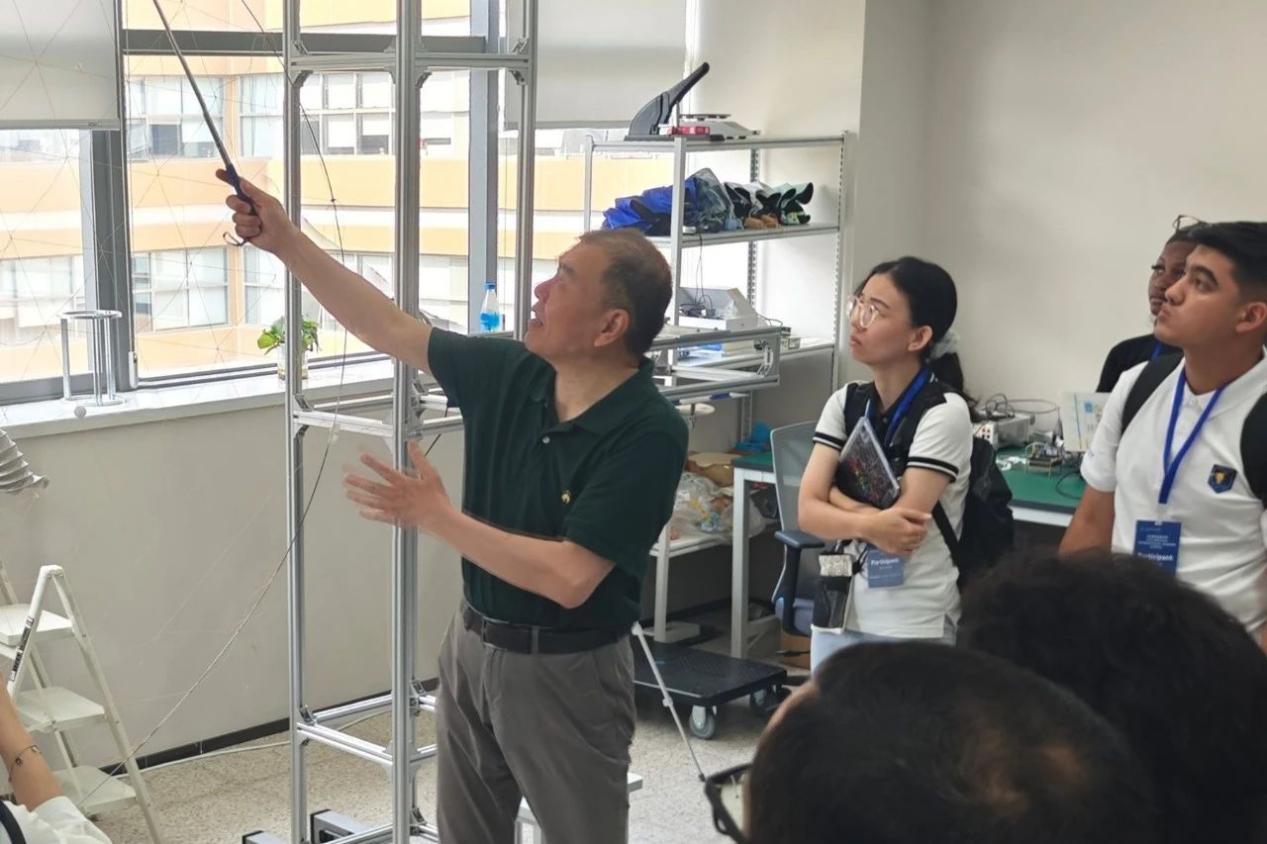
In the module on remote sensing and GIS applications, the course focused on how these technologies are used in disaster management. Through typical case studies, the key role of GIS and remote sensing in early warning and emergency response for natural disasters was explained in detail. This approach enabled participants to gain firsthand insight into how technologies meet social needs and understand the real-world relevance of space science.
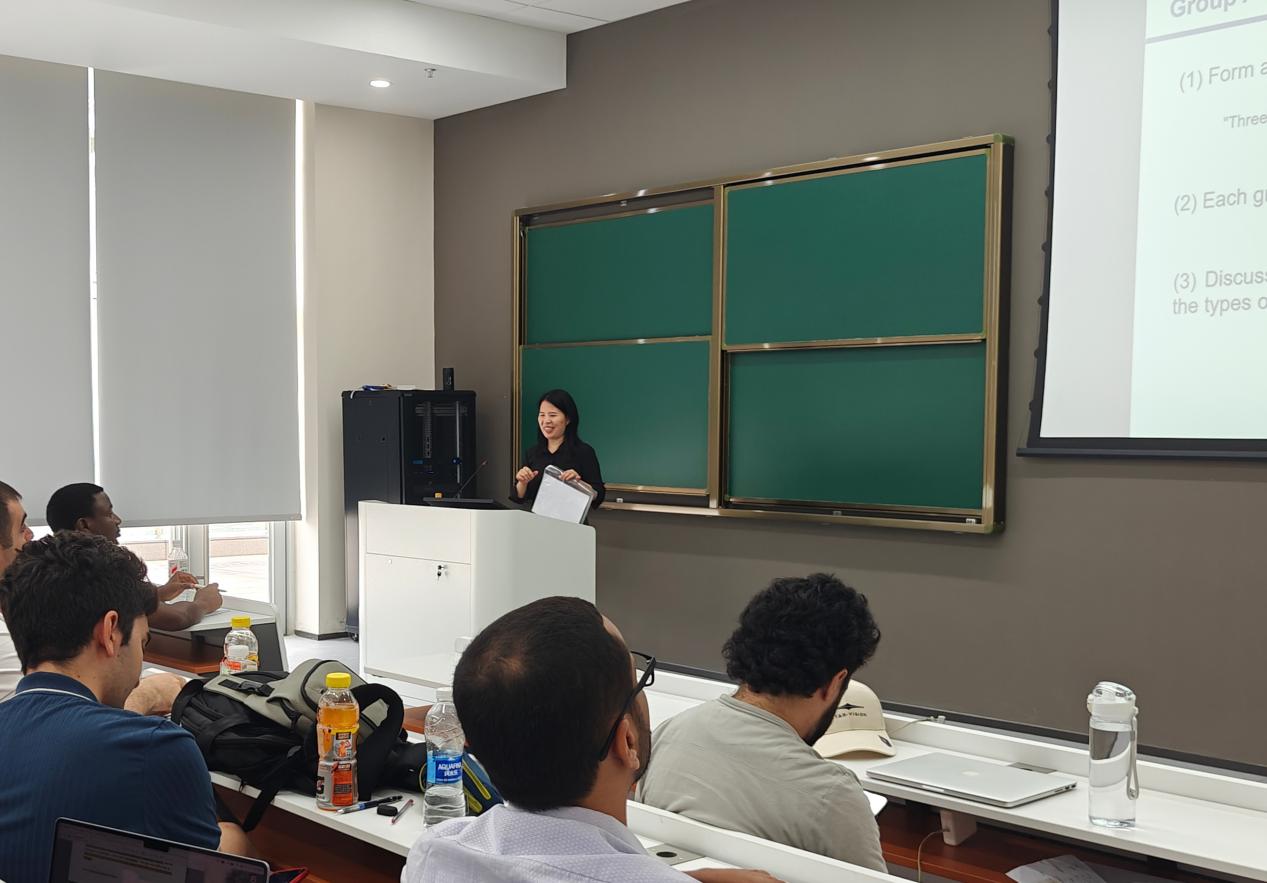
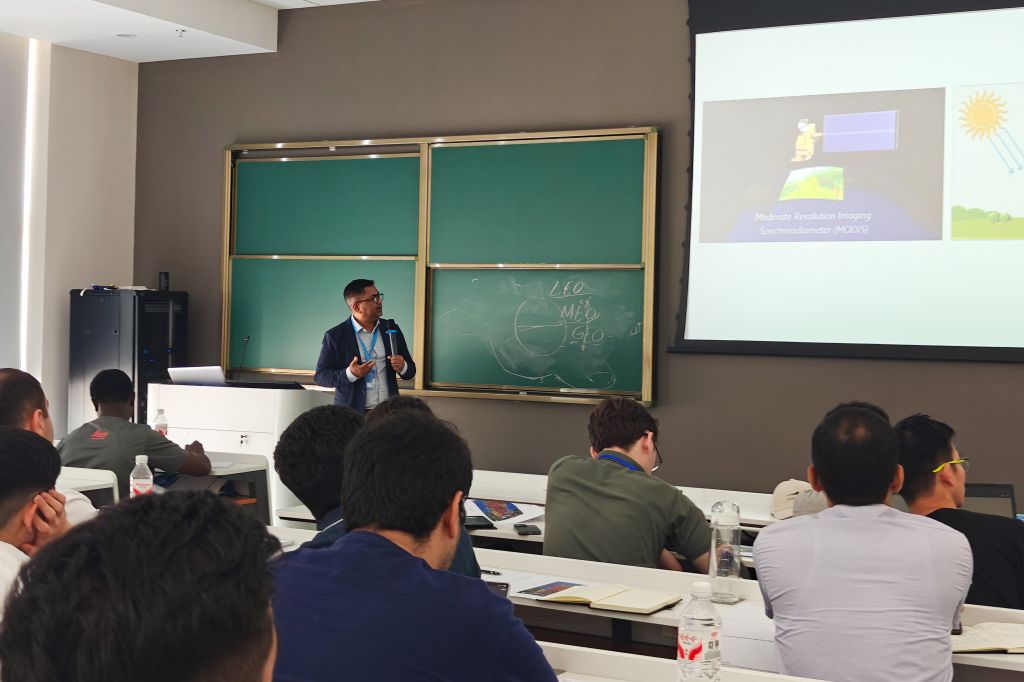
In the module of navigation and communication technology, the course started from ionospheric modeling and extended to high-precision positioning of the BeiDou system. Using typical cases such as the measurement of Mount Everest, the course examined key technological breakthroughs in complex environments. Through the lecture that integrated engineering practices and technical principles, participants developed a multidimensional understanding of navigation and communication technologies.
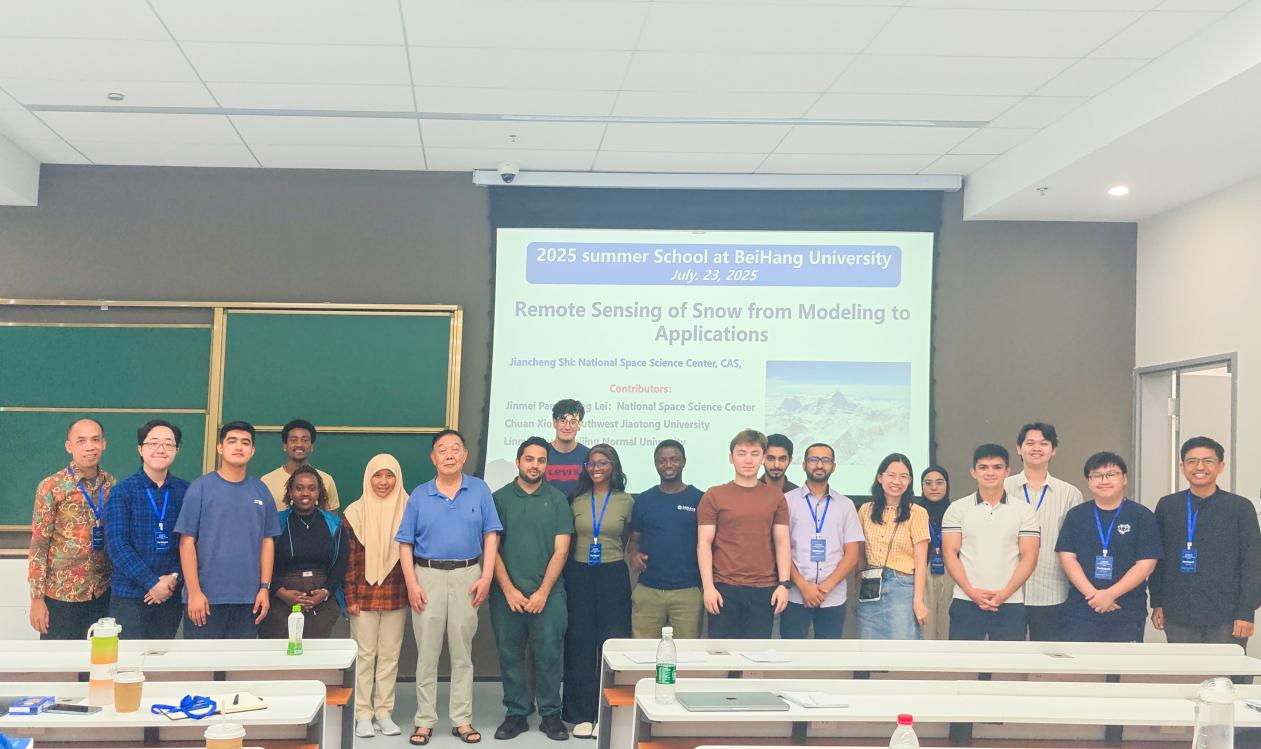
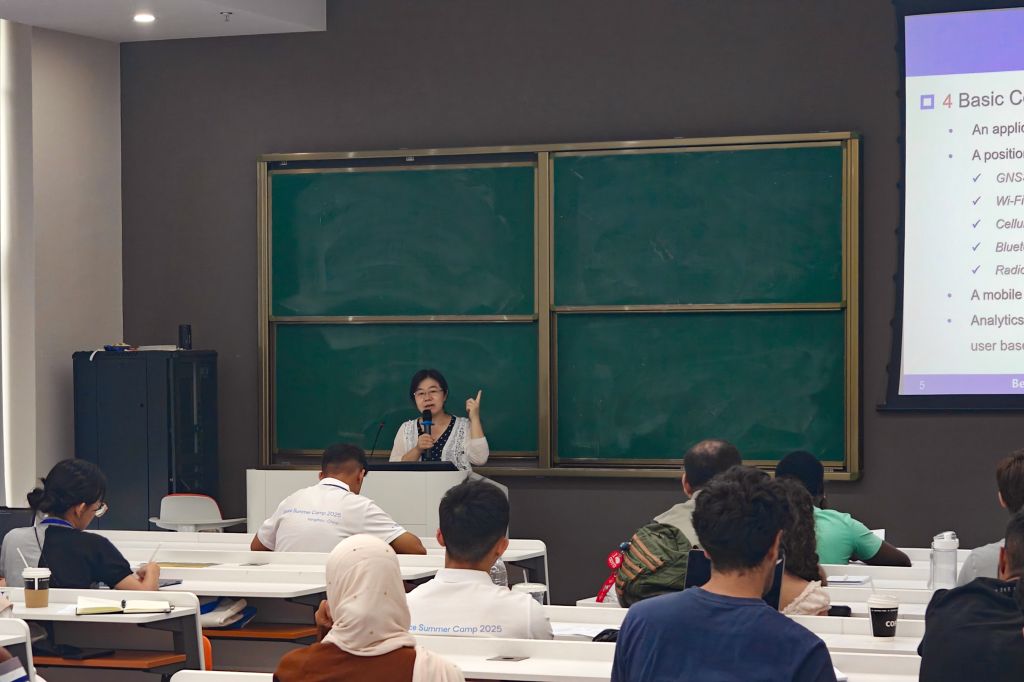
In the module of remote sensing and dynamic monitoring, the course addressed cutting-edge topics, including snow-cover remote sensing and orbit determination. Focusing on the technical process from ground-based observation to space monitoring, the course equipped participants with techniques for multidimensional remote sensing and dynamic monitoring, offering a broader perspective on spatial information acquisition and processing technologies.
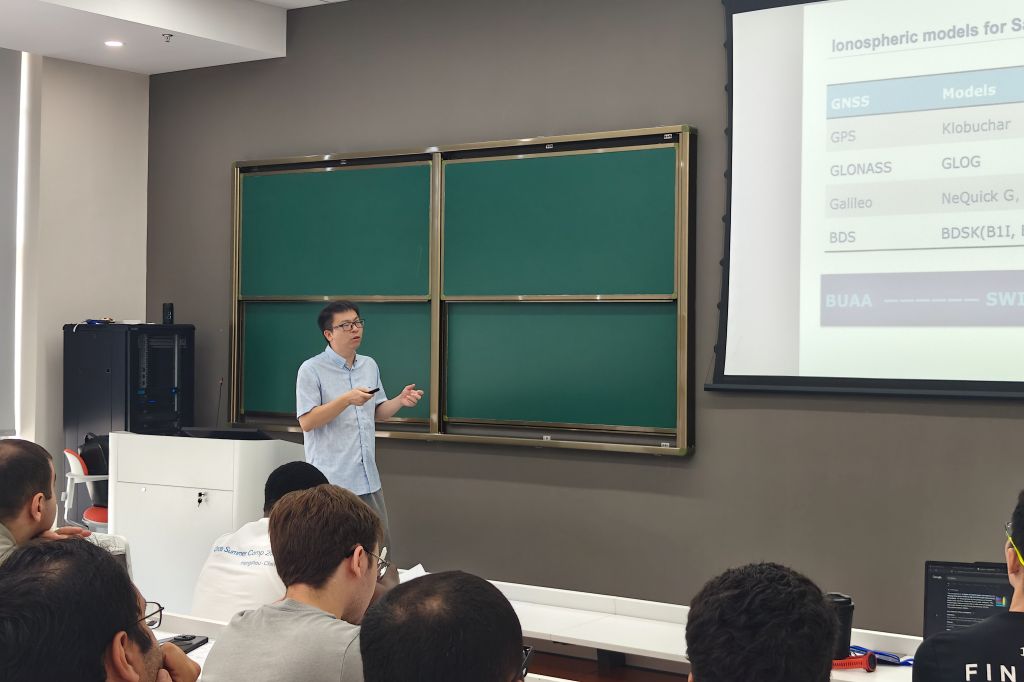
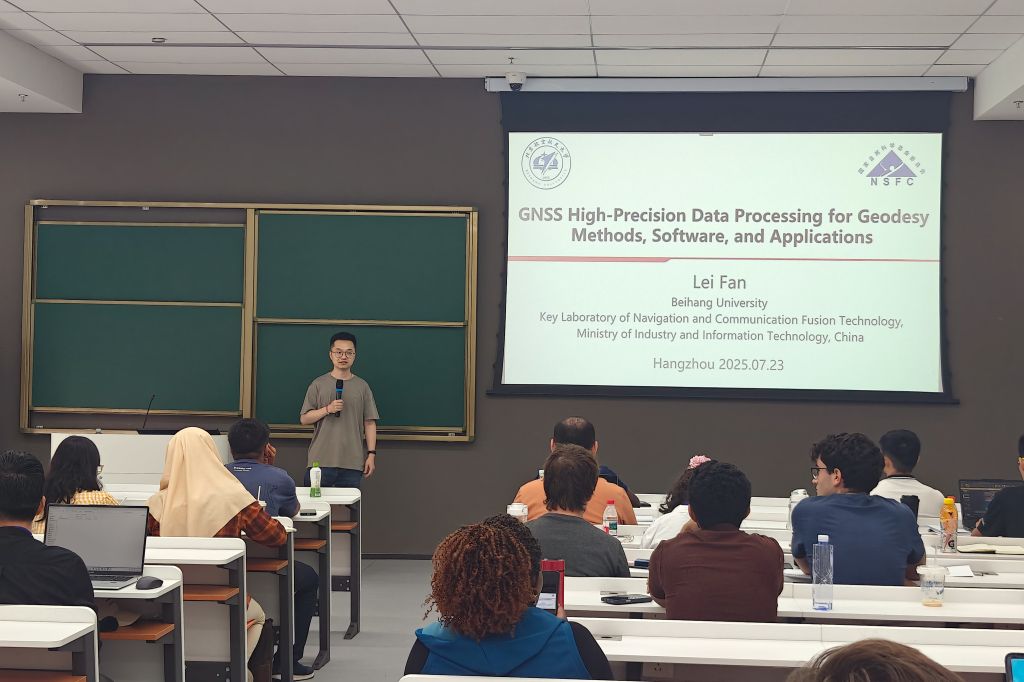
In the module of space project management, the course concentrated on international collaboration mechanisms and risk control methods. It reviewed the organizational logic and operational models of global space programs, while exploring practical approaches to cross-border cooperation. This enhanced participants' international outlook and integrated management skills in project planning and strategic decision-making.
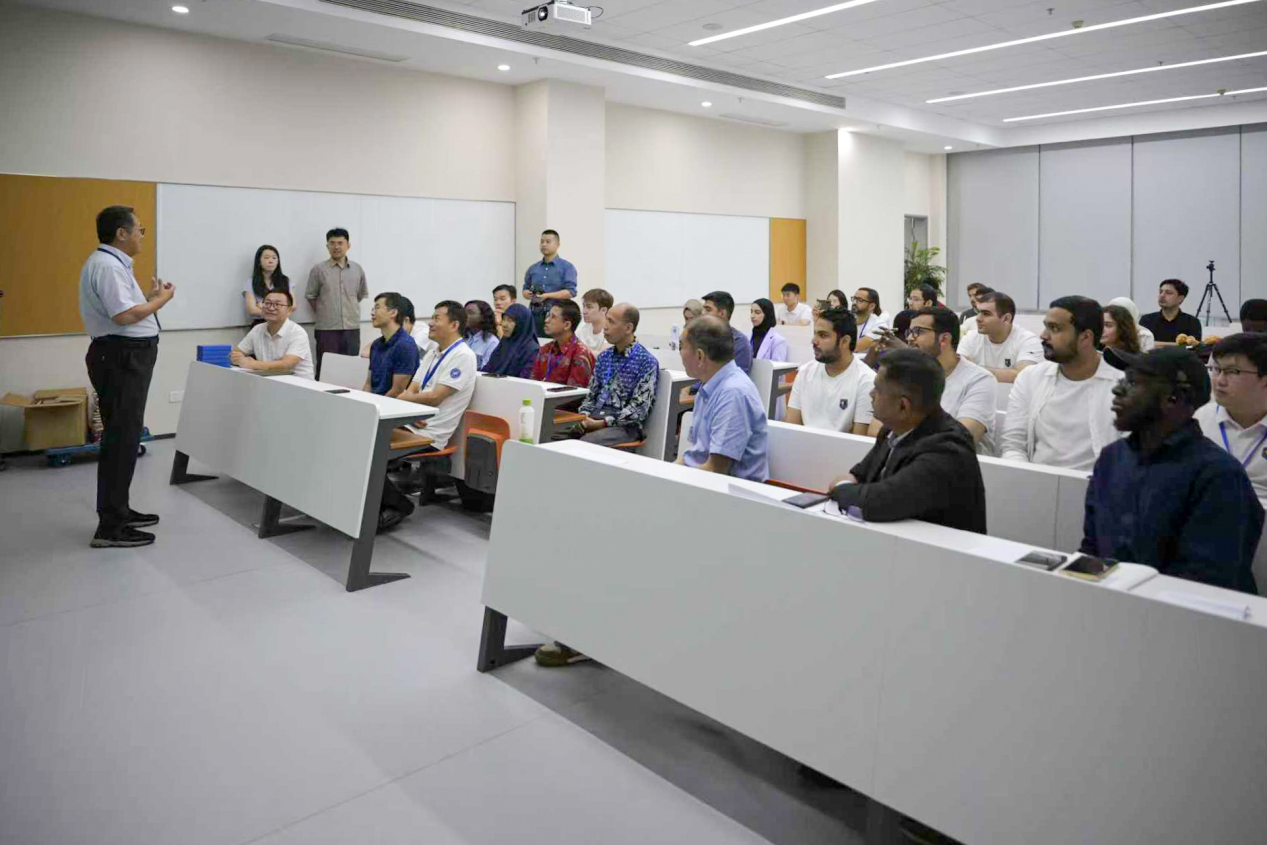
Company visits energize participants, cultural exchange deepens mutual understanding
To help participants better connect with industry realities and identify their future career aspirations, this summer school arranged two company visits that took them beyond the classroom and into leading enterprises.
On July 22, all participants arrived at Star Vision Aerospace Ltd. to tour satellite manufacturing and remote sensing data application platforms, further understanding the current developments and future opportunities of commercial aerospace in China, and personally experiencing the technological potential and vitality of emerging aerospace players.
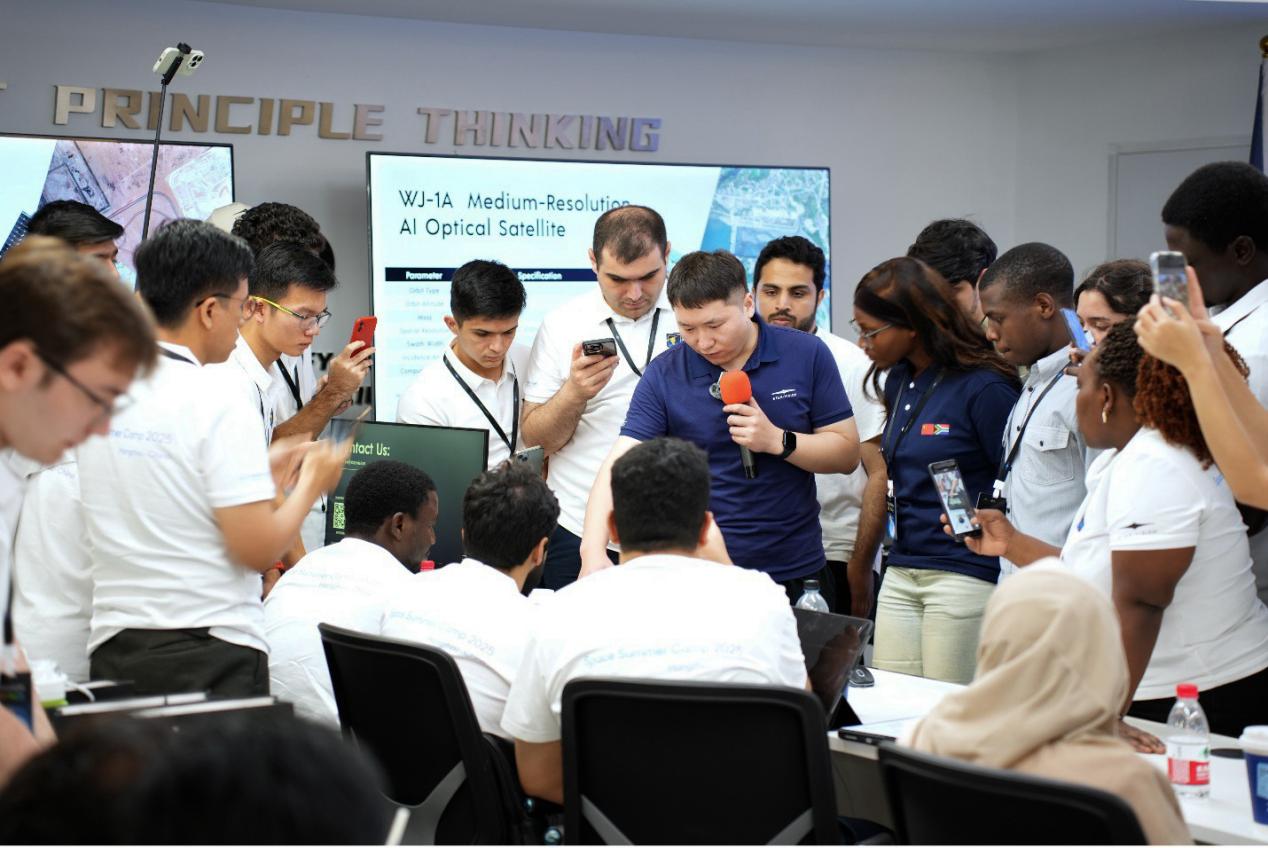
On July 25, participants went to Shanghai and visited CHC Navigation, a well-known leading enterprise in surveying and navigation equipment. They observed the demonstration of core equipment and the collaborative process of the industry chain, comprehensively understood the key path of transforming laboratory findings into products, and further deepened their intuitive understanding of the operation mode of the aerospace industry.
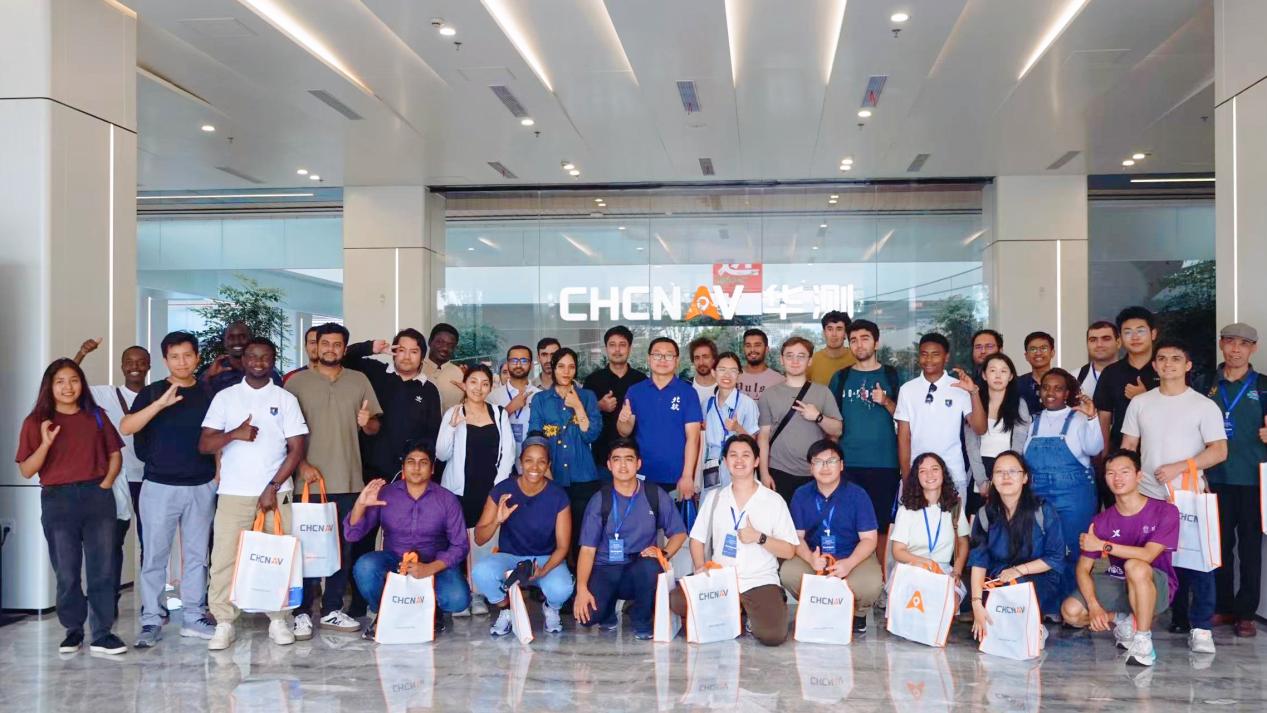
Beyond academic and technical sessions, the summer school arranged rich cultural exchange activities. During their stay in Hangzhou, participants went to West Lake for an immersive experience of the profoundness of traditional Chinese culture amidst the poetic scenery shown in “Enduring Memories of Hangzhou”. Blending natural beauty and cultural heritage, they enhanced cross-cultural understanding and forged bonds of communication and friendship.
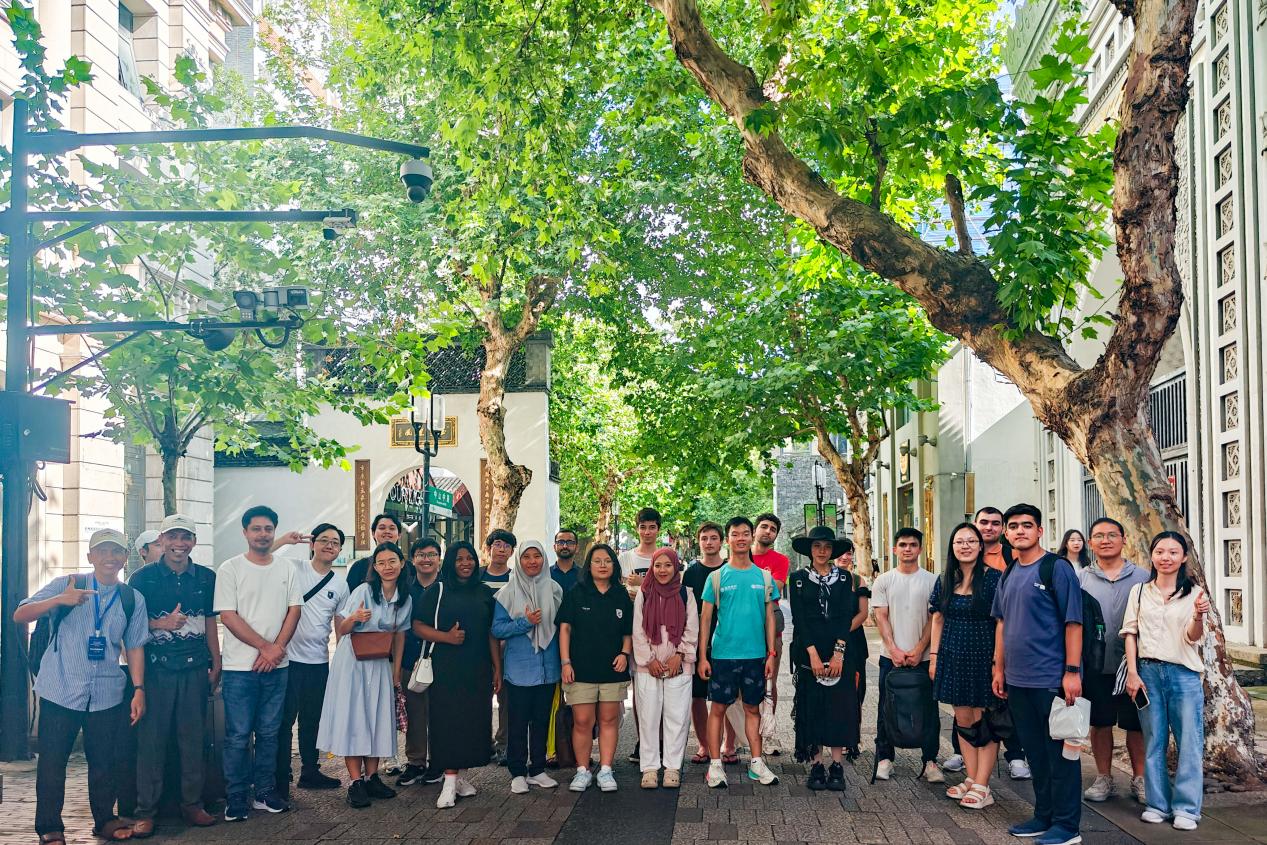
As the program drew to a close, participants were divided into teams for their capstone presentations, on their course insight, and individual research. During these sessions, the exchange of ideas and integration of knowledge fully demonstrated the learning achievements and research potential of participants, earning unanimous praise from the panel.
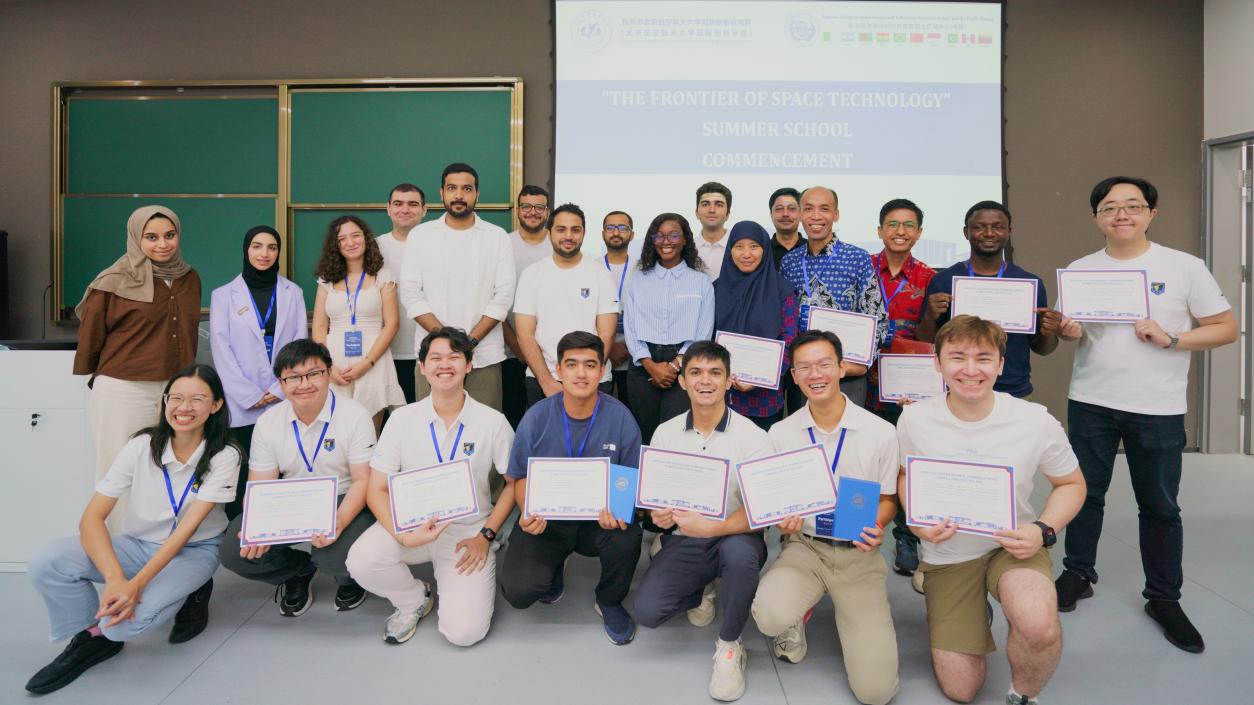
Building on this summer school, H3I will deepen partnerships with universities, research institutes, and industry insiders across the globe to advance the high-quality development of space science education in Asia and empower regional innovation and collaboration.
Approved by Dong Zhuoning, Zhang Wei, Xu Ran
Edited by Yuan Xiaohui

